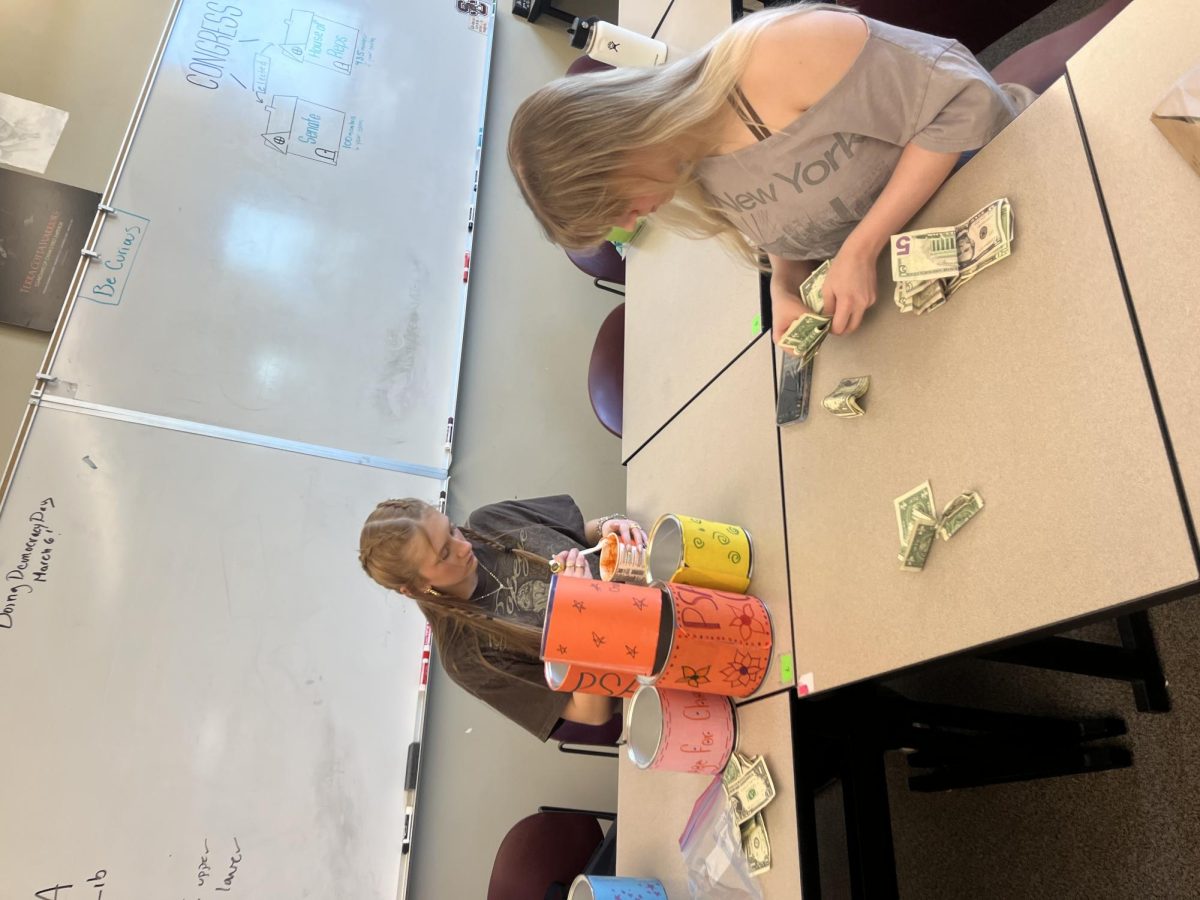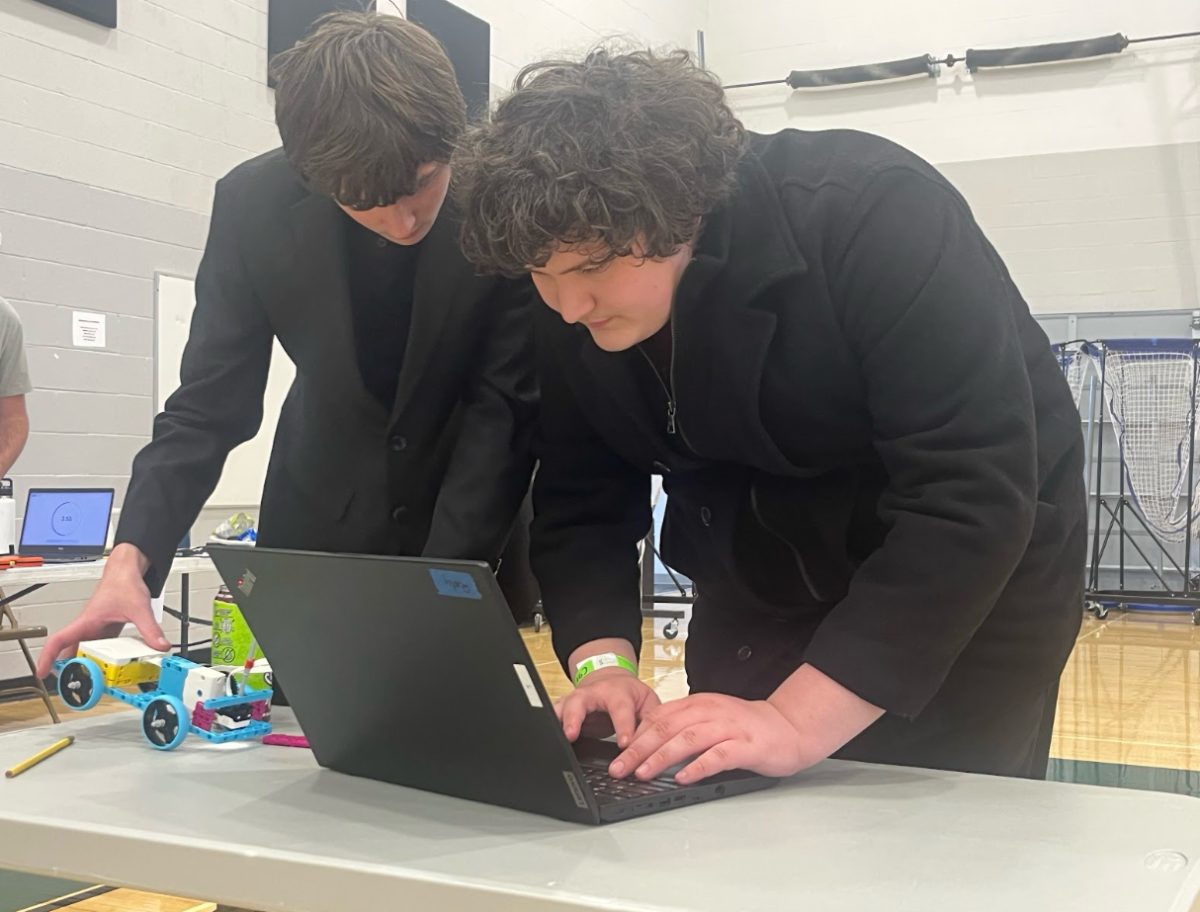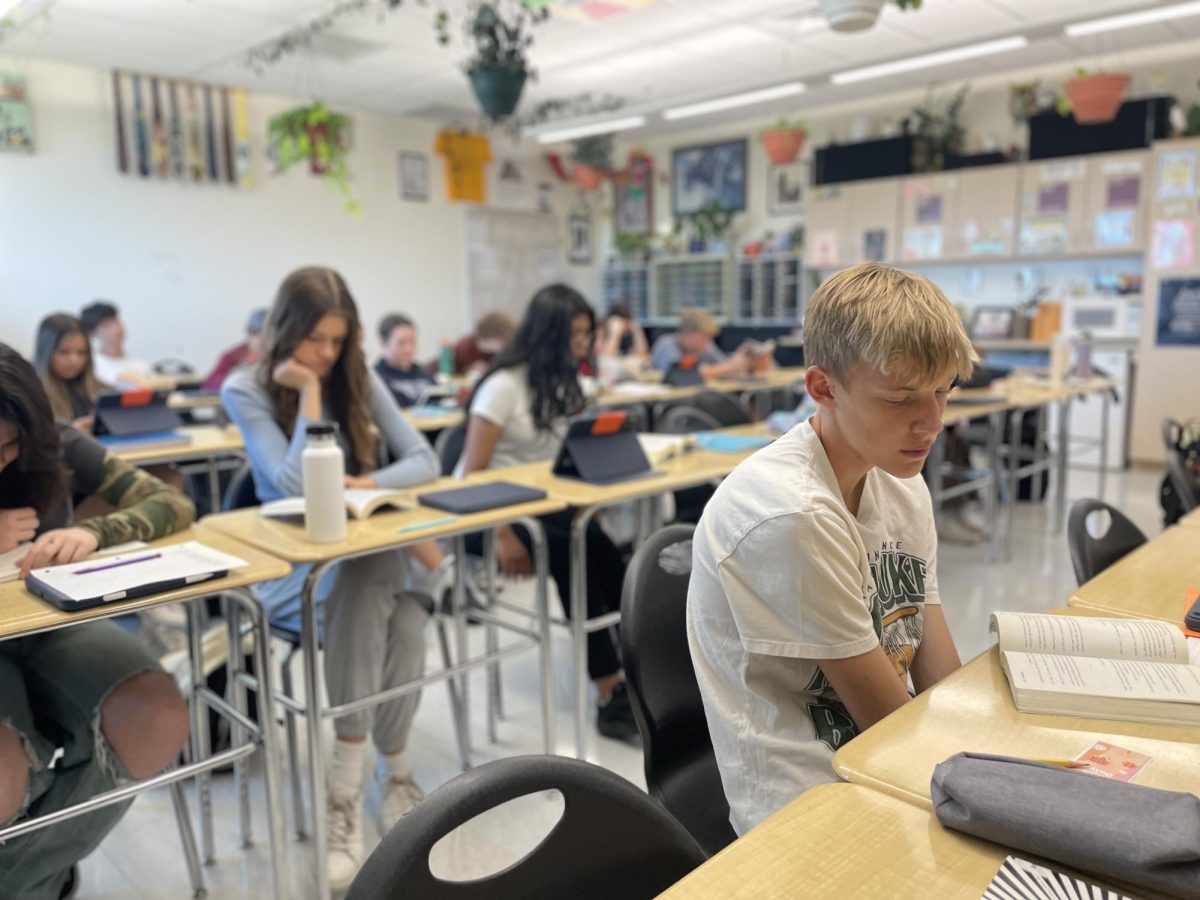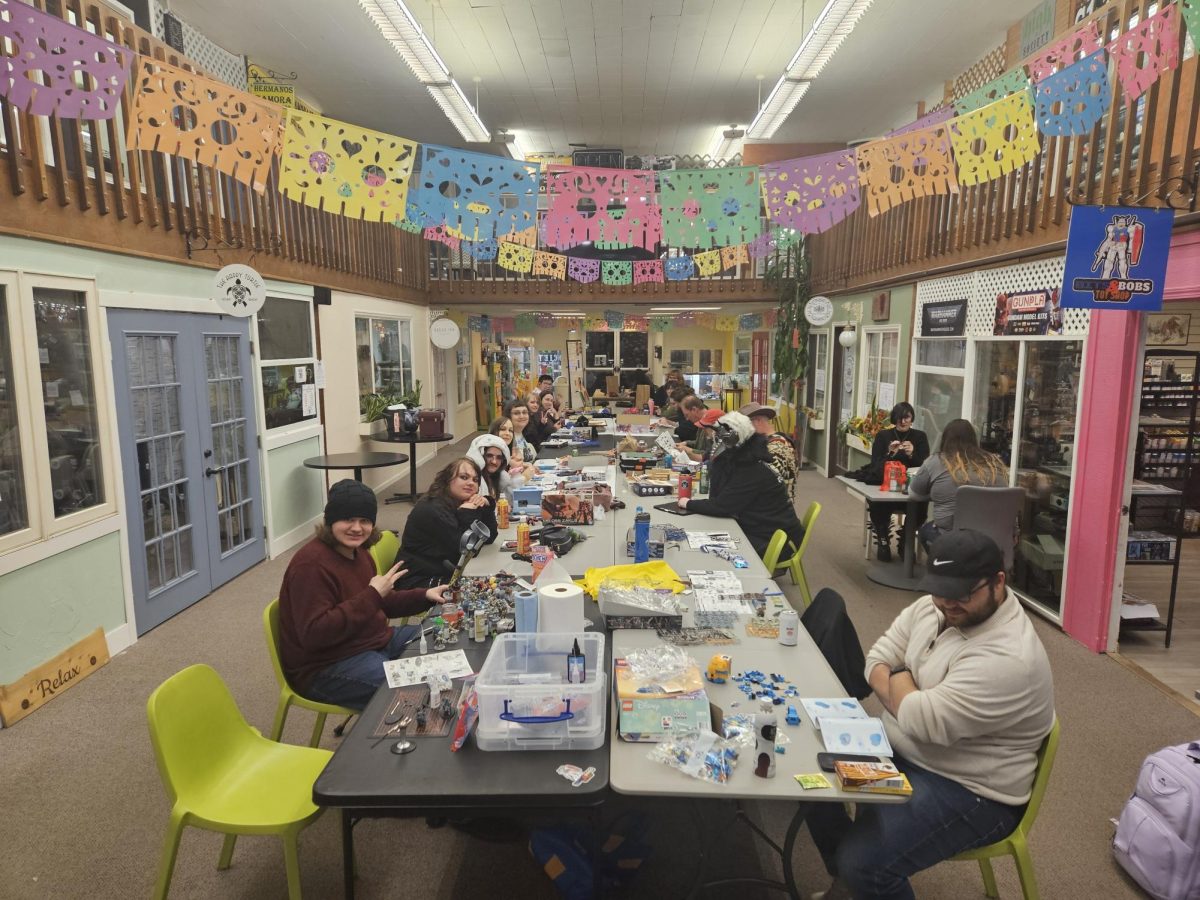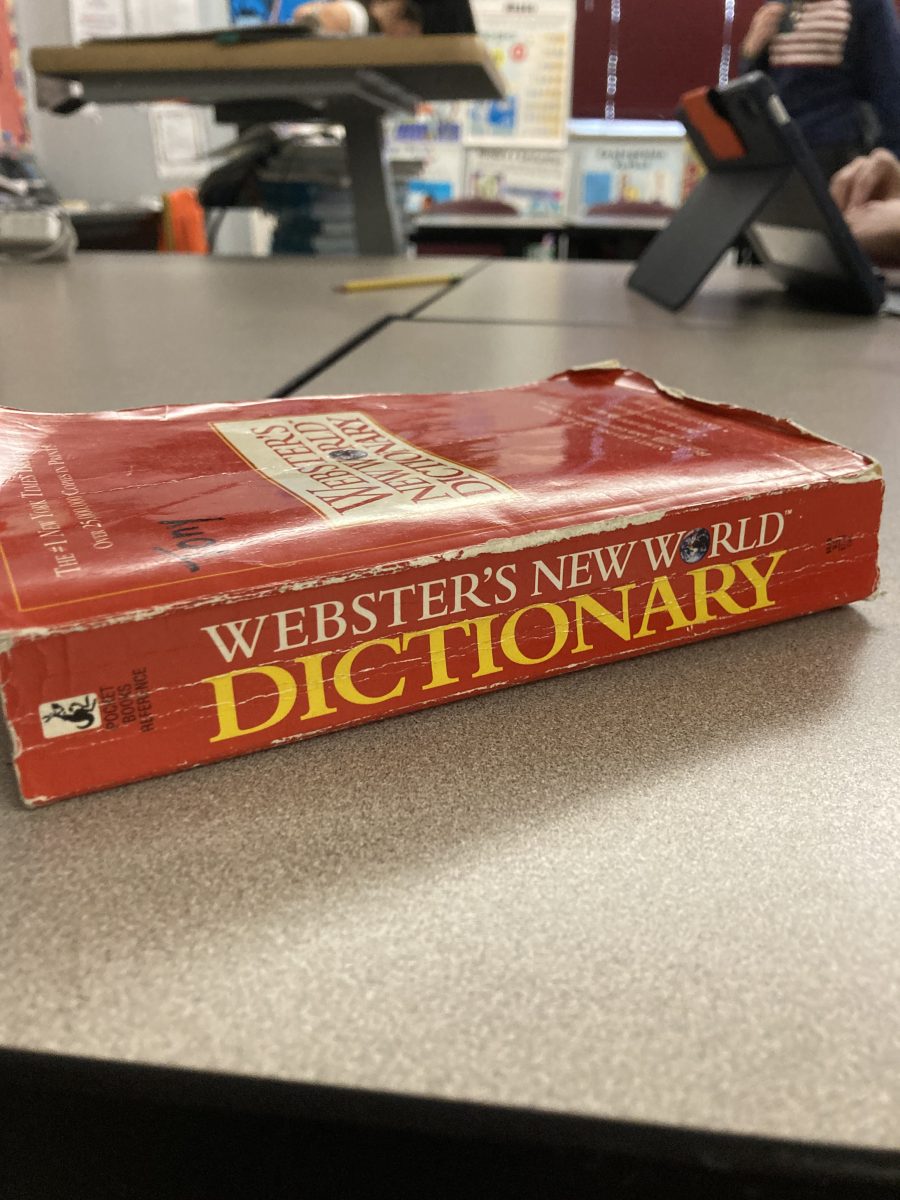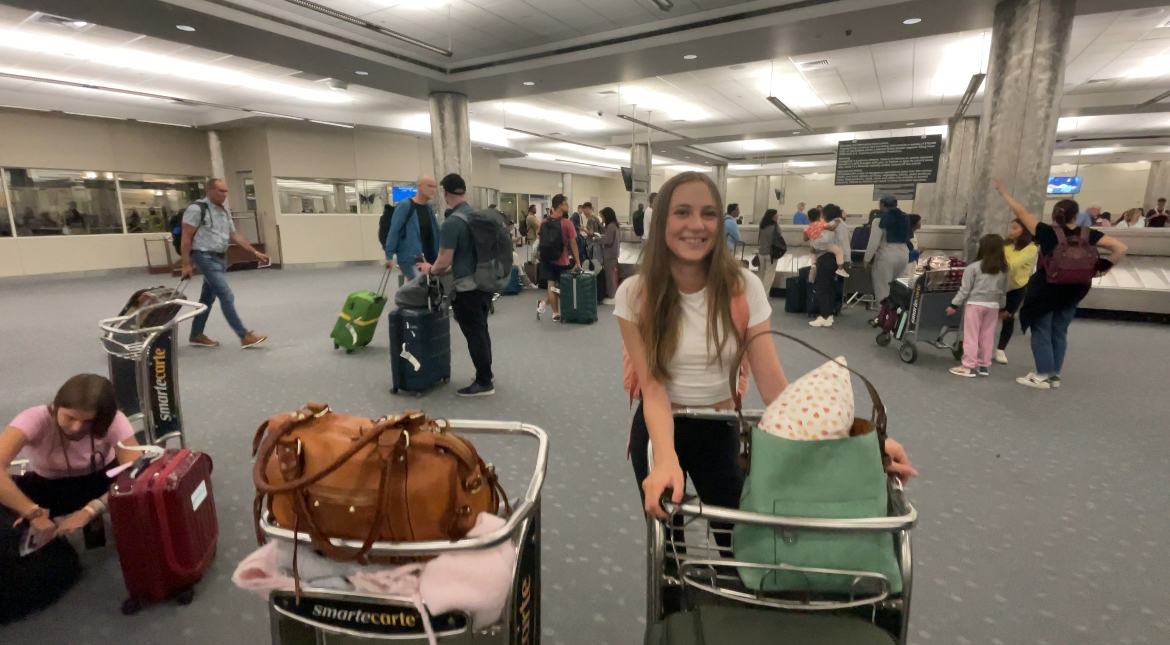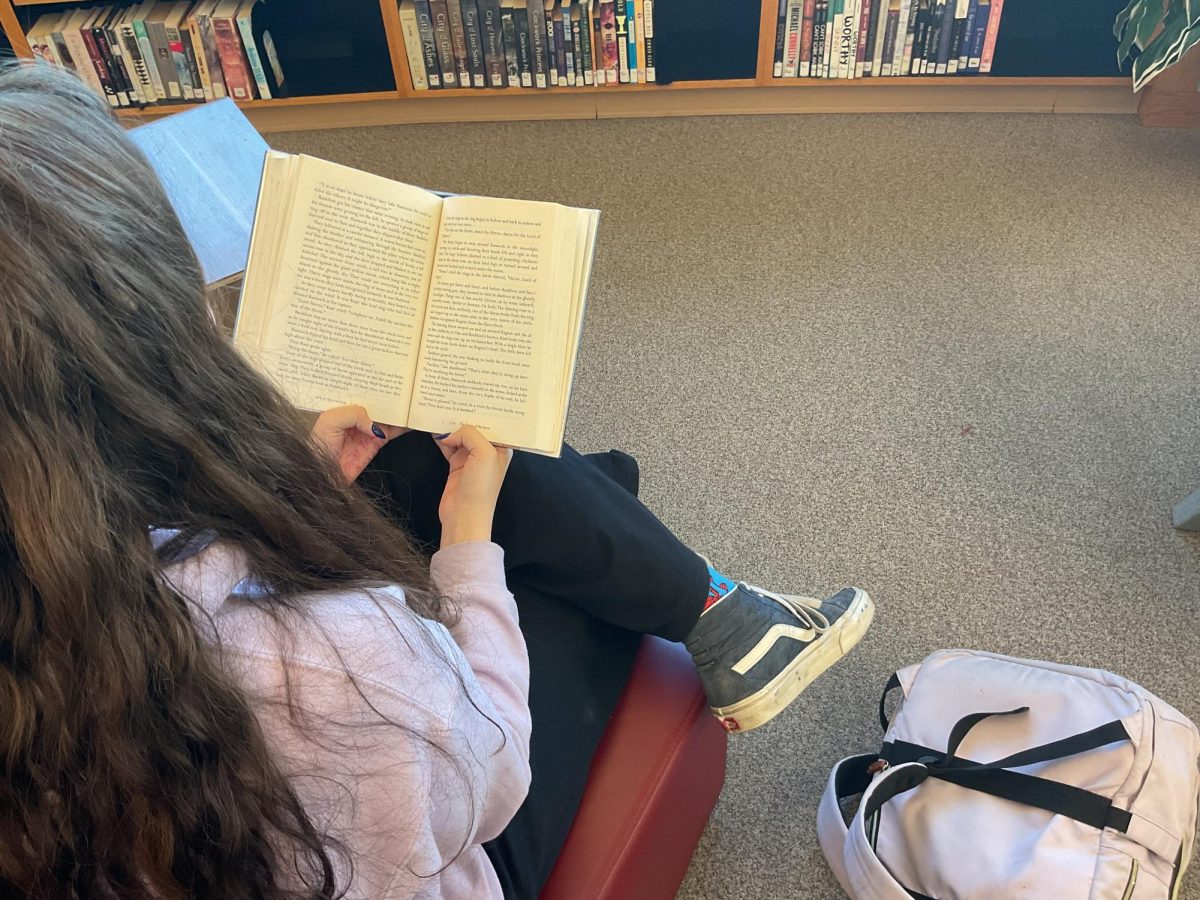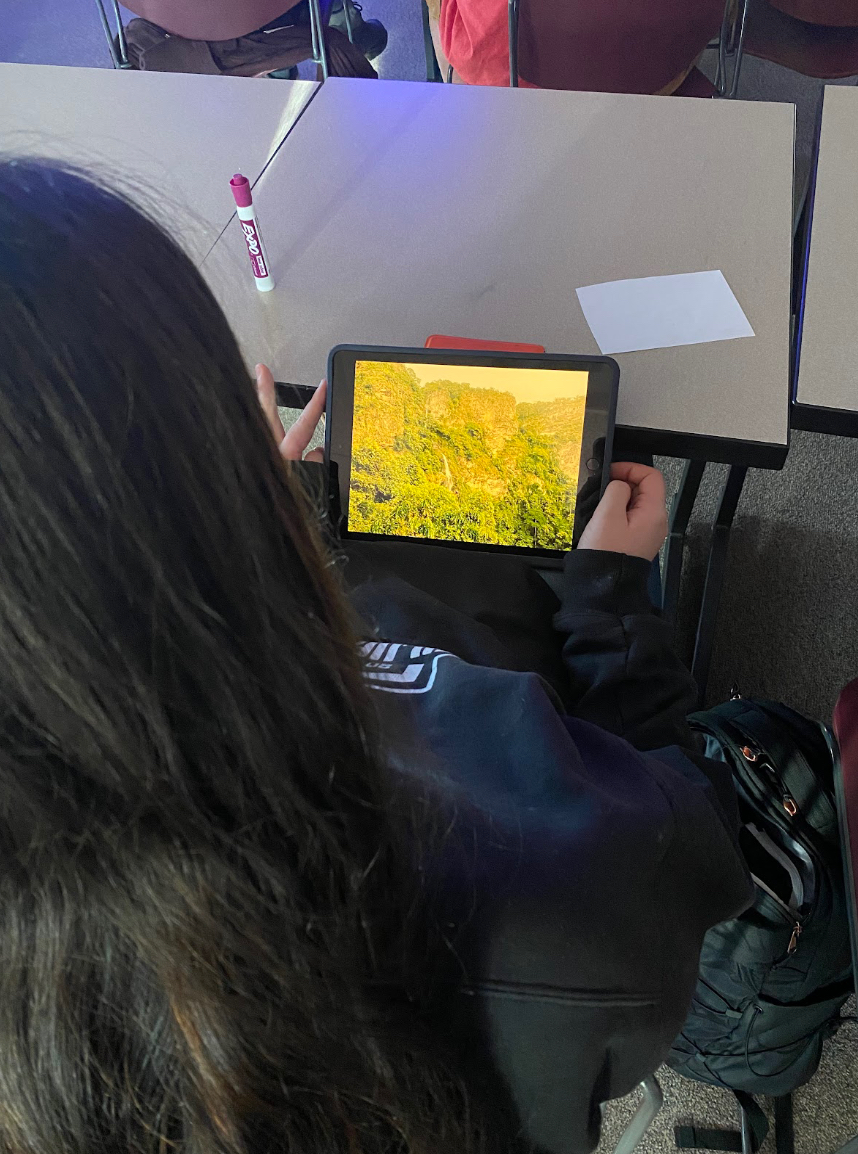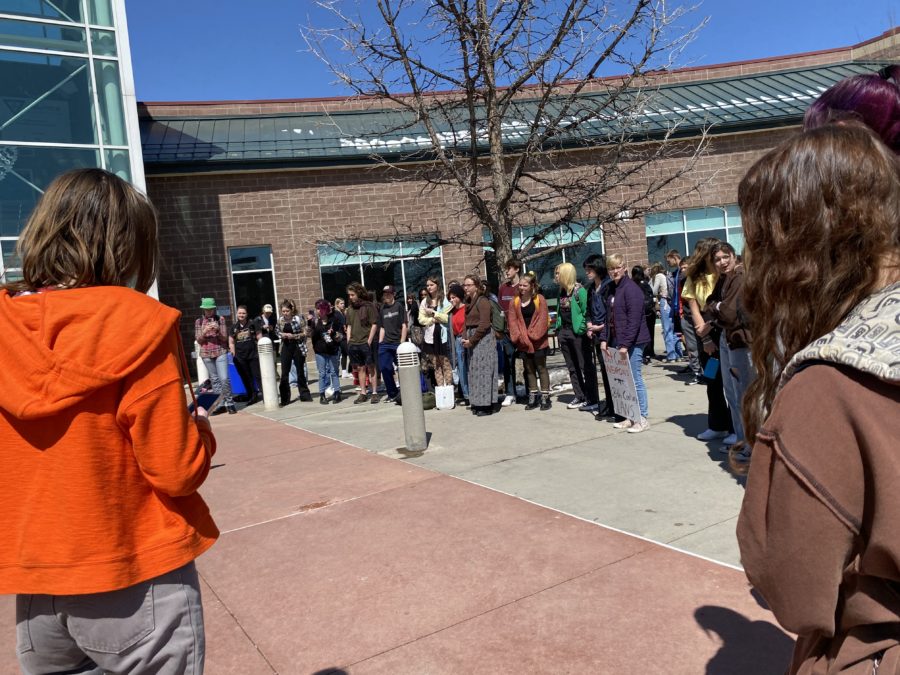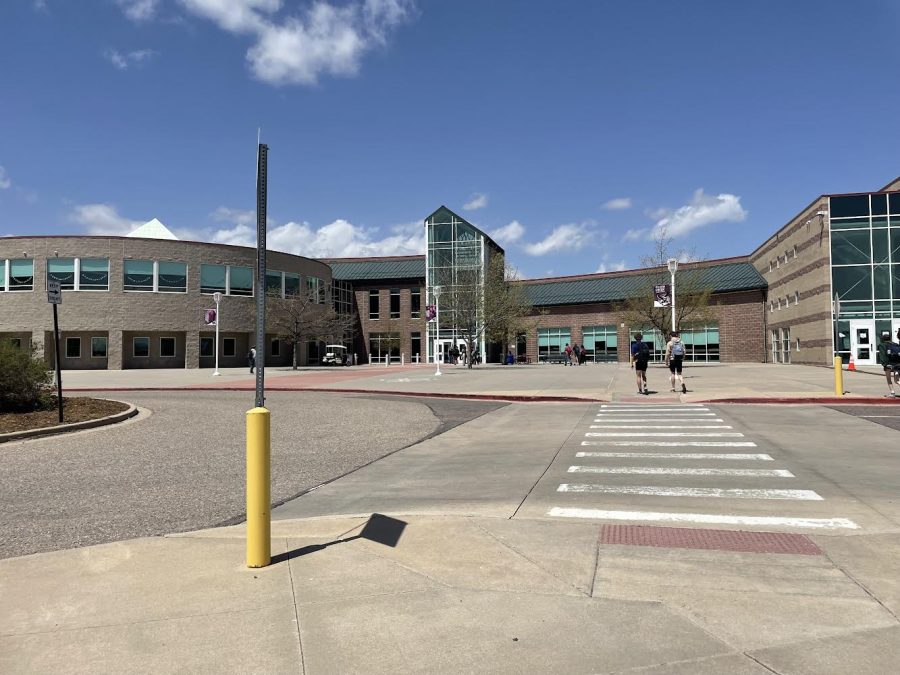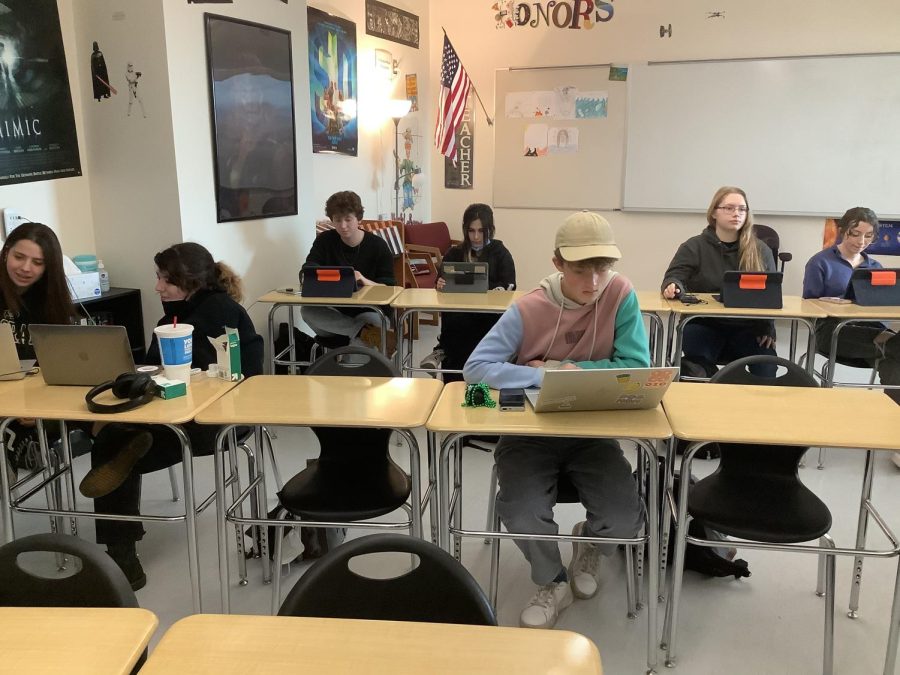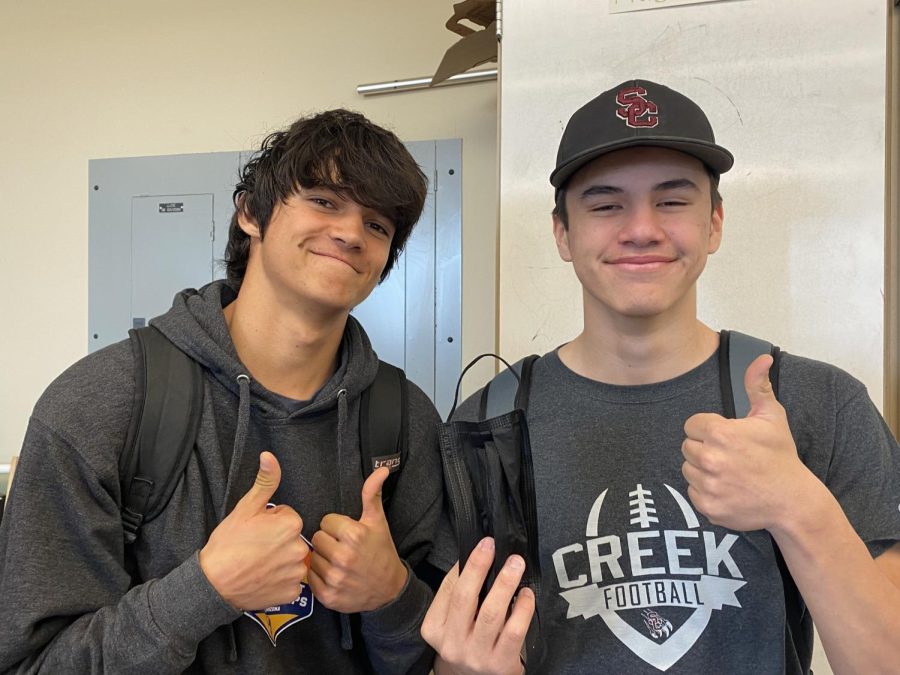Growing up is hard. Going through the different stages of teenage years is hard. But doing all that as a bilingual child who contains two completely different nationalities and cultures is unimaginable.
Natascha Dowa, a 13-year-old girl with a German mother and an American father. She is a student at Altona Middle School who has to deal with even more difficulties than just doing well in school and meeting academic expectations.
Dow has a family in America and a family on the other side of the world that lives in a different time zone. When she is coming home from school at 4 p.m. her grandparents, uncle, and cousins are eight hours further and already asleep.
SheNatascha can’t just talk to her family when something special happens and always has to pay attention that she is not calling them when they are at work, in school or asleep. In the afternoon they are all asleep and when they are awake she is in school most of the time. The time difference between them makes it really hard to maintain a good relationship.
She has had to grow up without talking to her closest family members. Since this is different to children her age, this has had an impact on her.
“I sometimes feel sad when I hear how my friends bake cookies with her grandma or play with their cousins every day,” Dow said. “But then it’s also kind of cool because not a lot of my friends can’t say that they have been out of the country, at least 13 times.”
The 13-year-old is more familiar with airports and the process of flying to another country than most of the people her age are. She knows what to do when the flight gets delayed or when her luggage gets lost.
Natascha Dow’s bilingual background not only helps her at airports, but also makes it easier for her to understand parts of other languages. She does not have to know the language to understand and make connections to the language she does speak.
It also makes her more open to other cultures and gives her a different perspective on cultural differences. She celebrates Thanksgiving with her dad’s traditions and Christmas on the 24th with her mom’s traditions.
“I think that it is really important for her to know the culture that she is part of,” Amelie Bracher, Natascha’s Mother said “I don’t force her to value German traditions but she is interested in getting to know more about this part of her origins.”
Even though she lives in America and English is her first language, she loves and values her German side. “I’m definitely proud of it because I know more than just one language and I know that I belong to more than just one country,” Dow says.
The teenager sometimes struggles with fitting into cultural standards. In America, she is the German one and in Germany, she is the not native one. It makes it hard for her to belong to one side or even to both of them.
“I sometimes feel like I don’t fit in because I’m neither full American nor full German,” Natascha said. Especially at that young age, it is difficult to deal with an identity that is split into two different countries.
Being bilingual helps her expand her horizons for other people. It makes her understand that everyone is different and increases her interest in people’s.
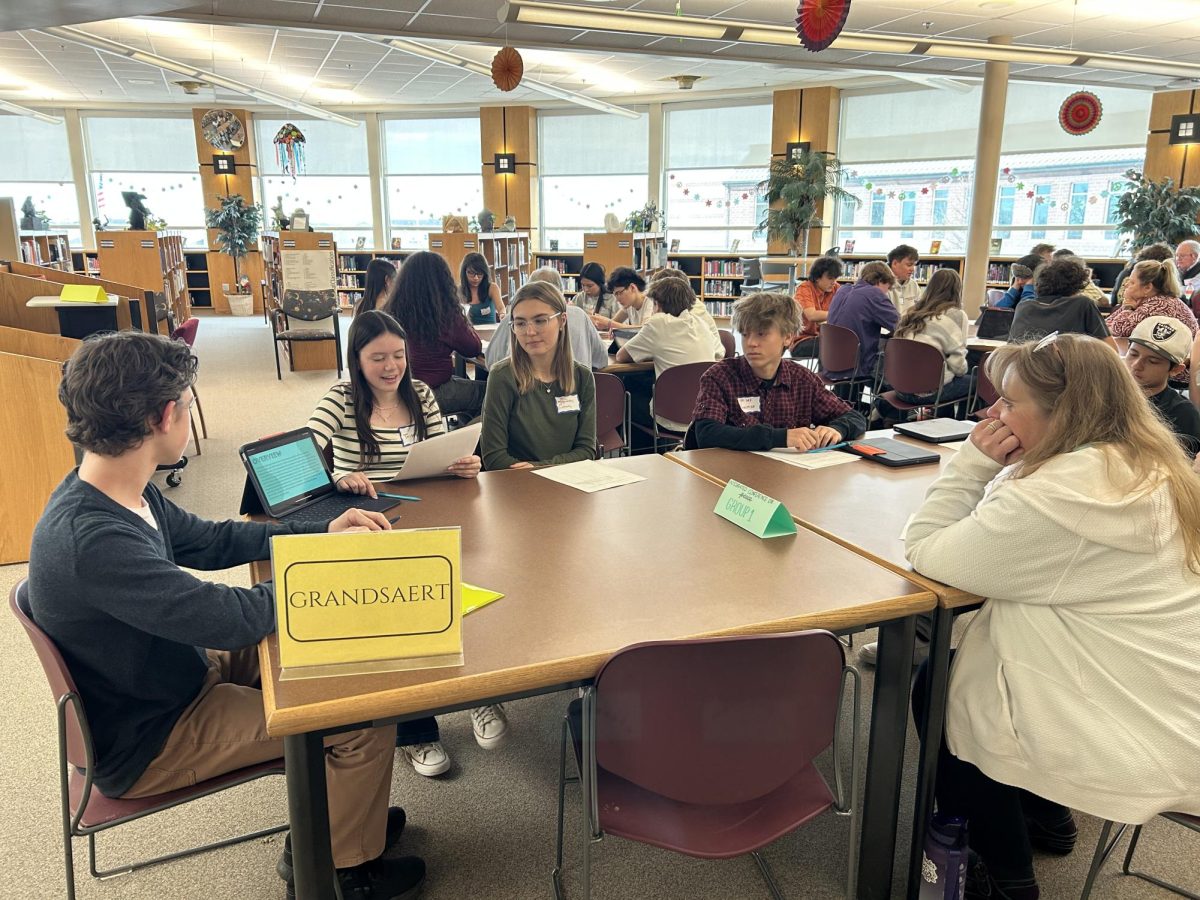
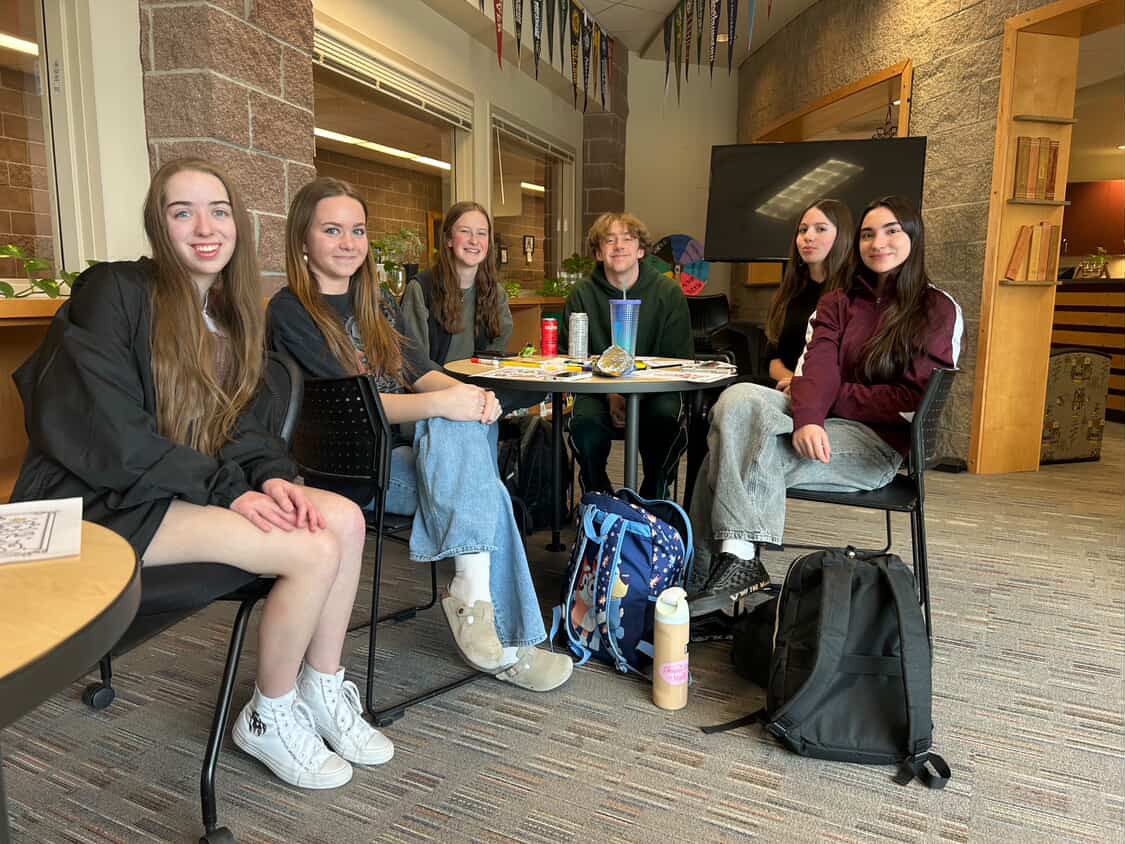
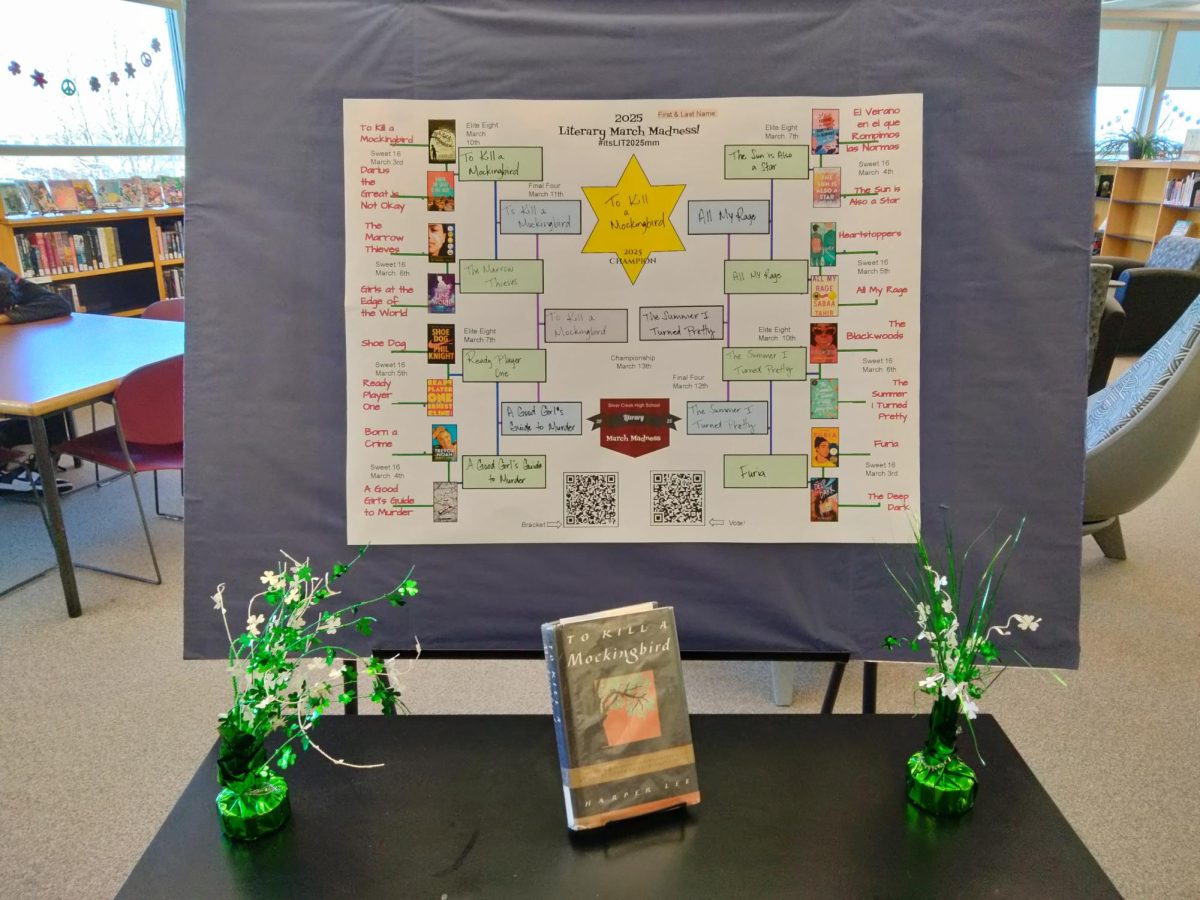
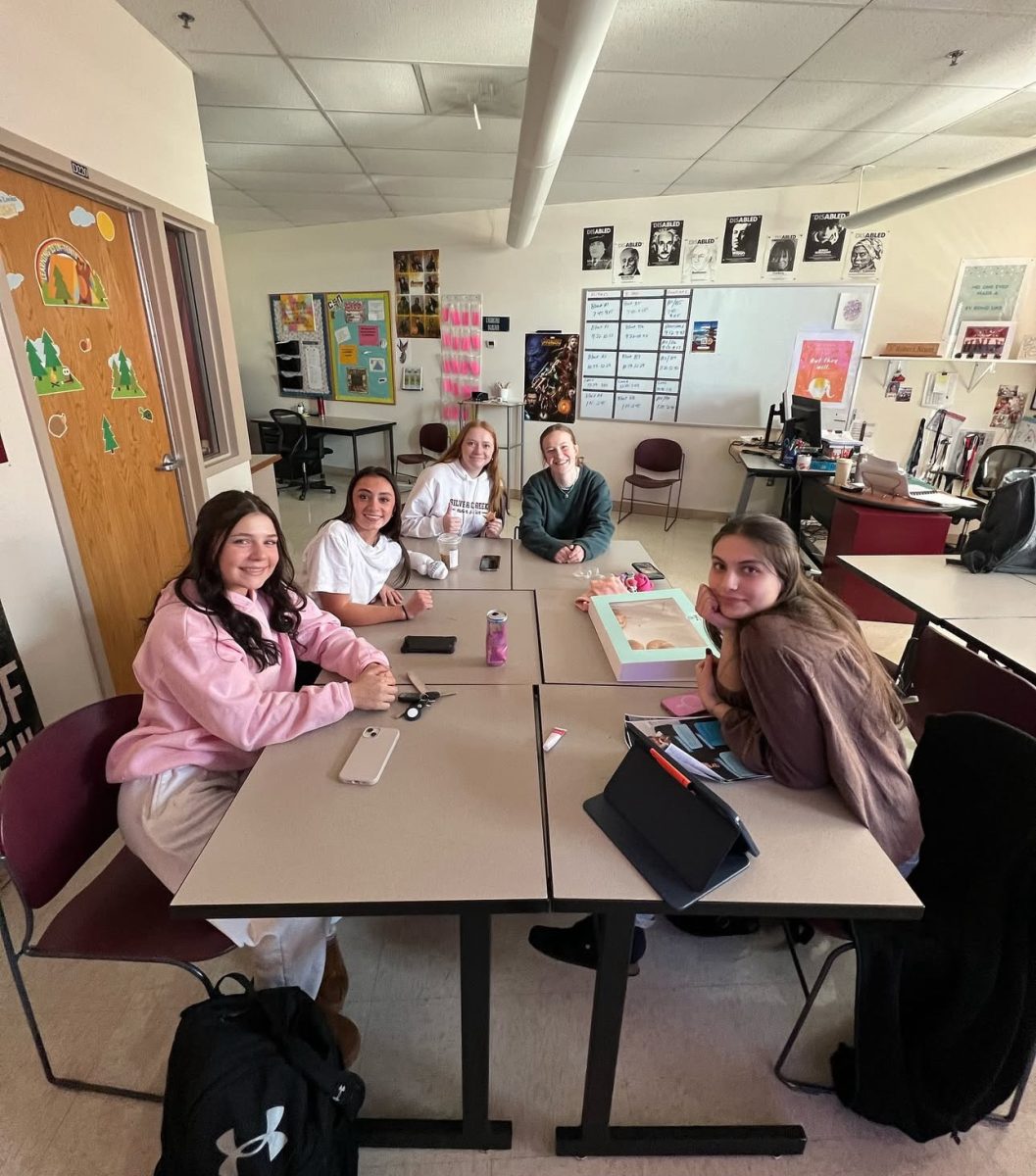
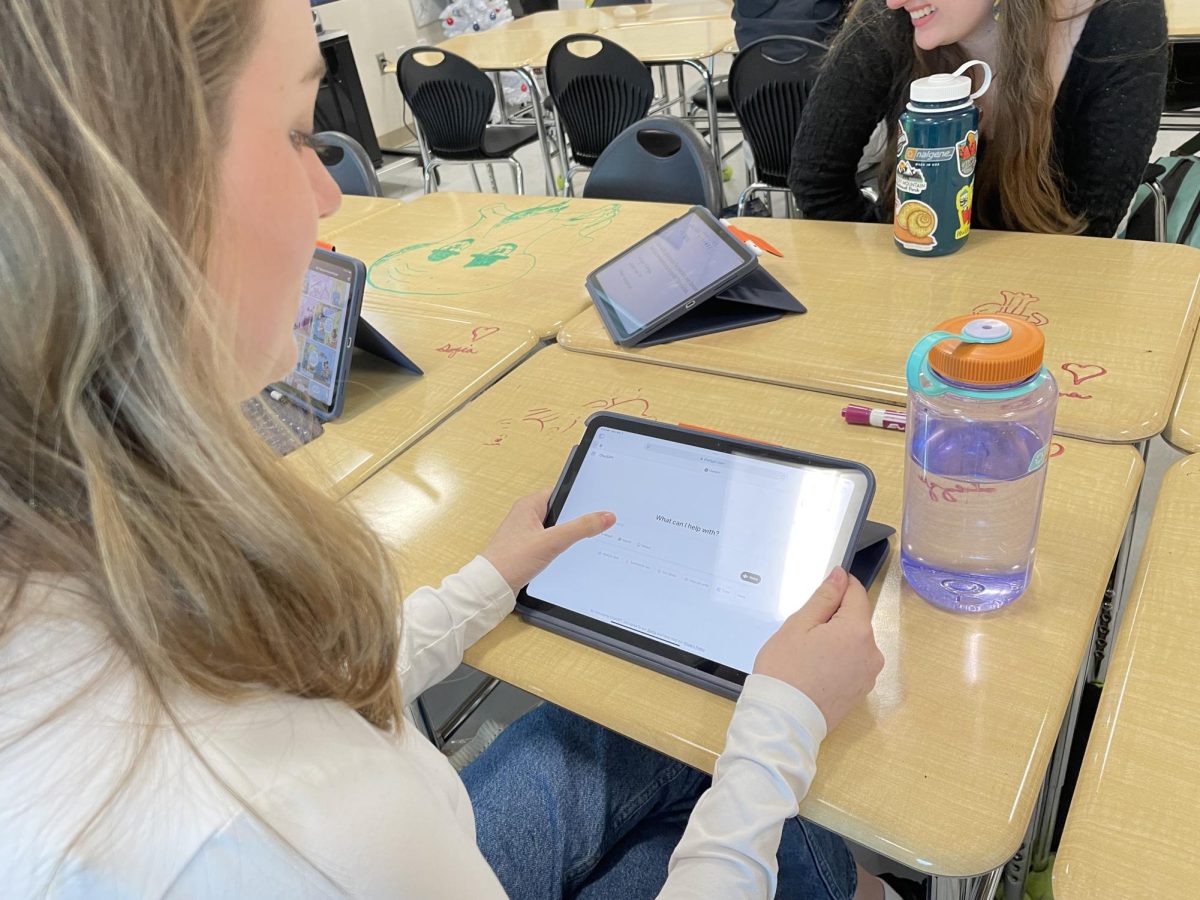
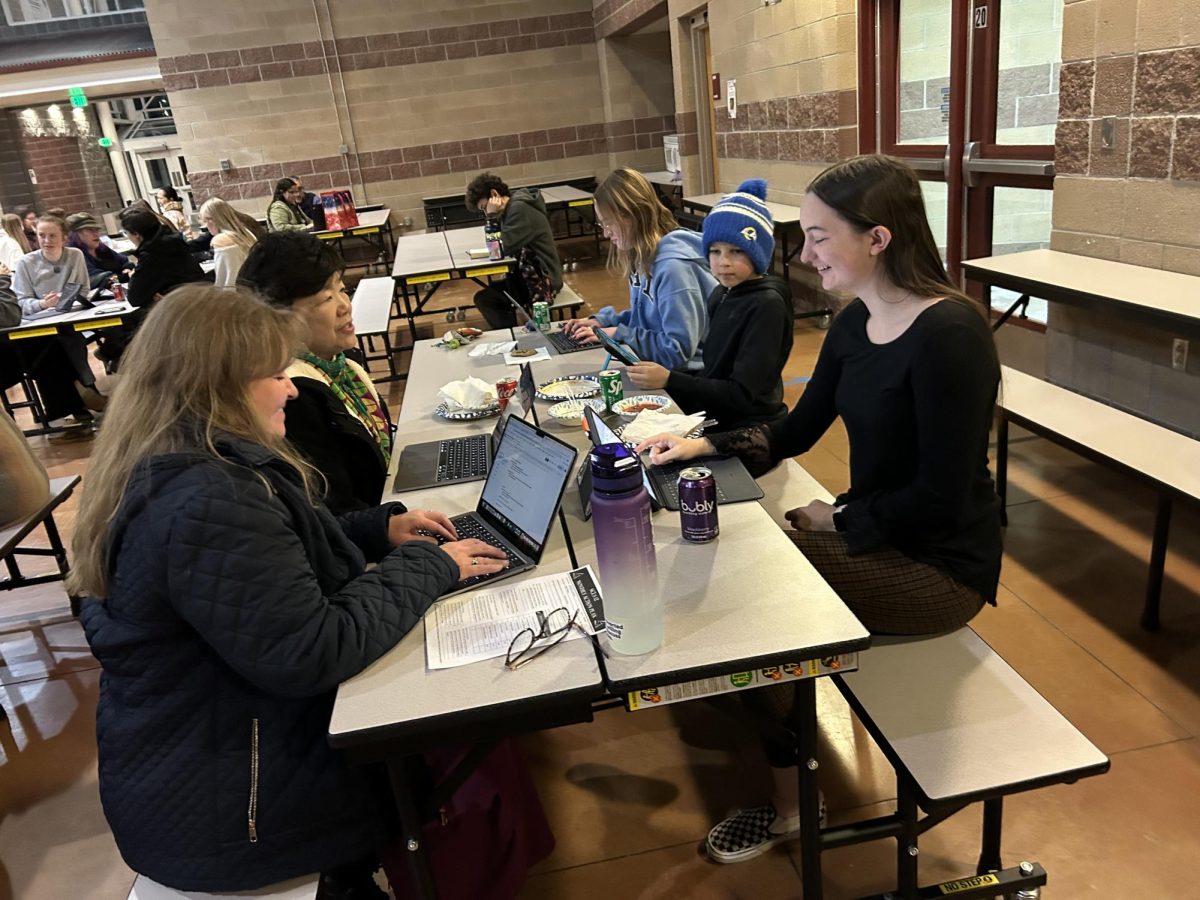
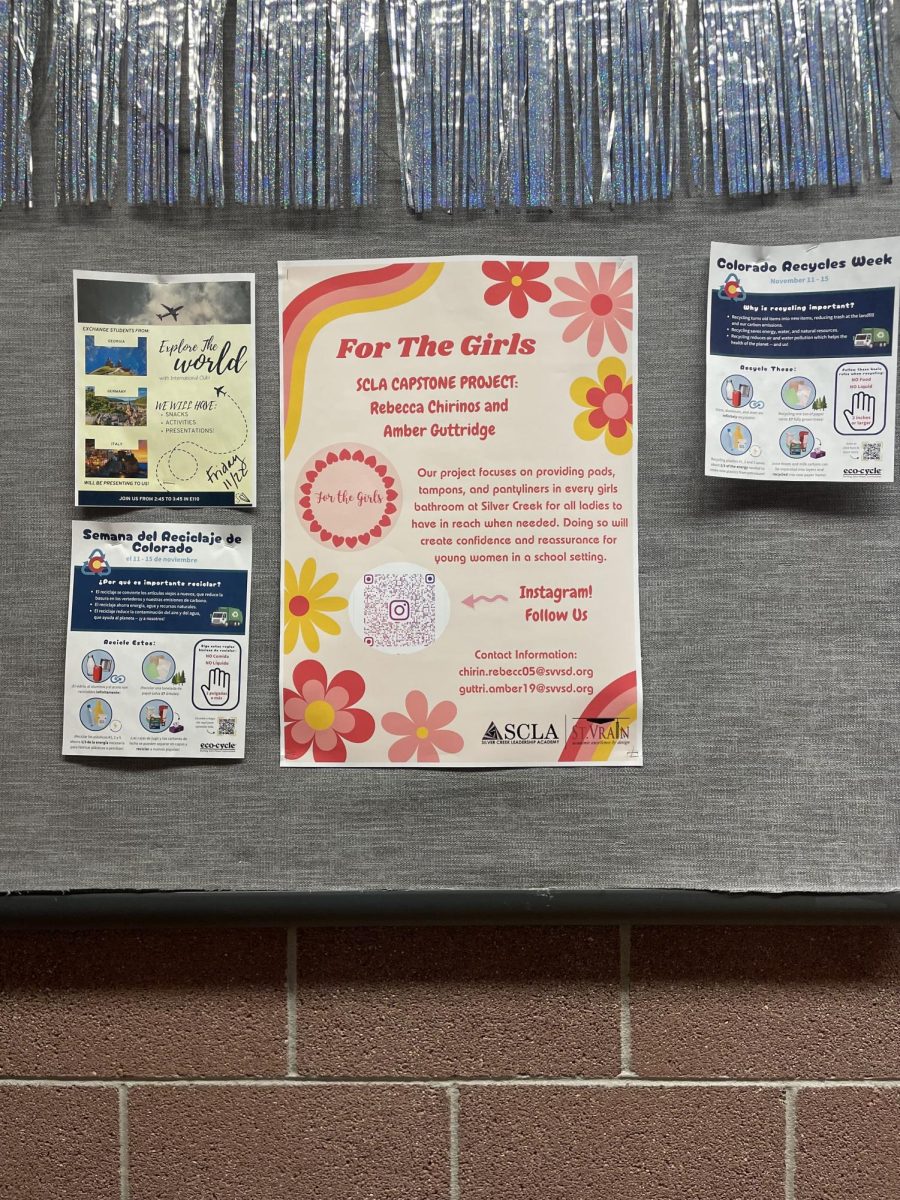
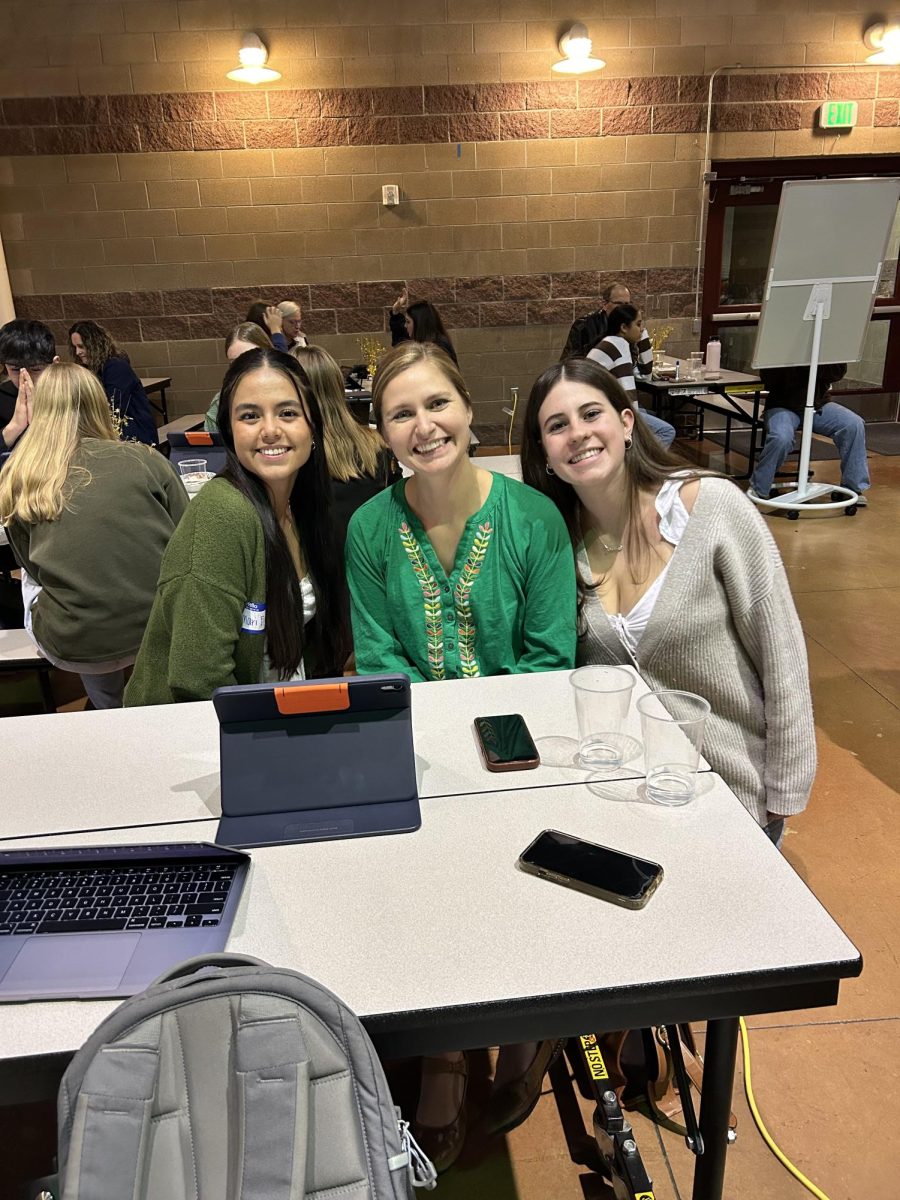
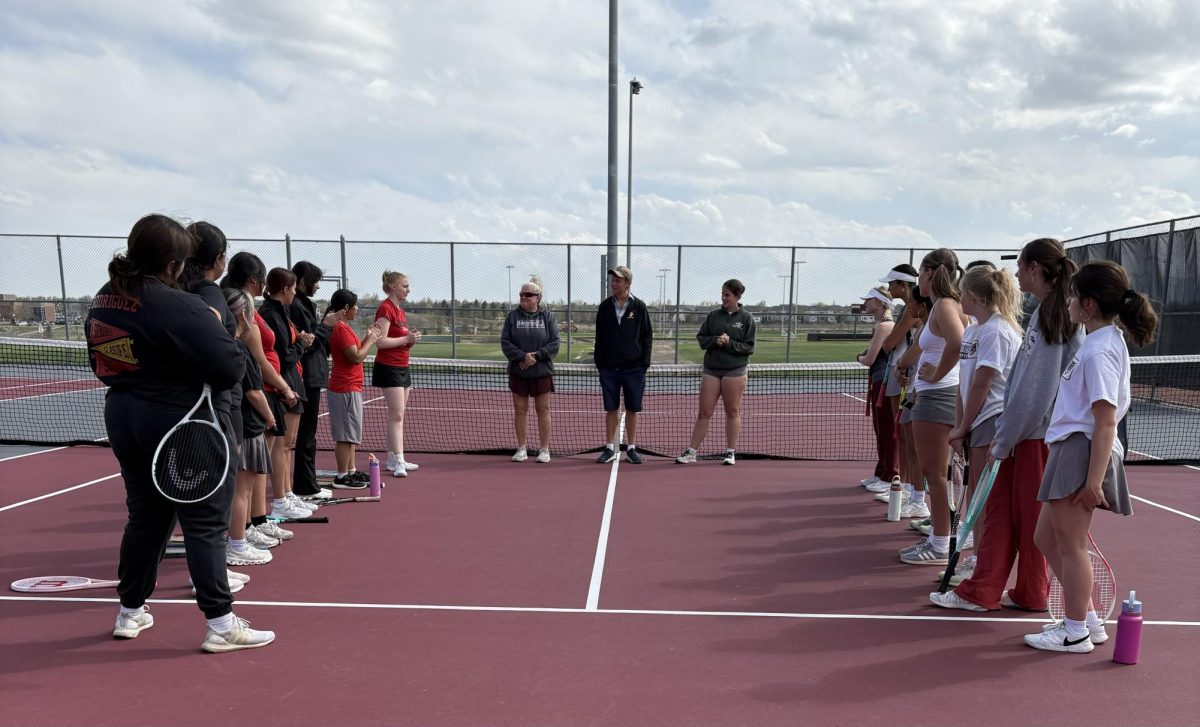



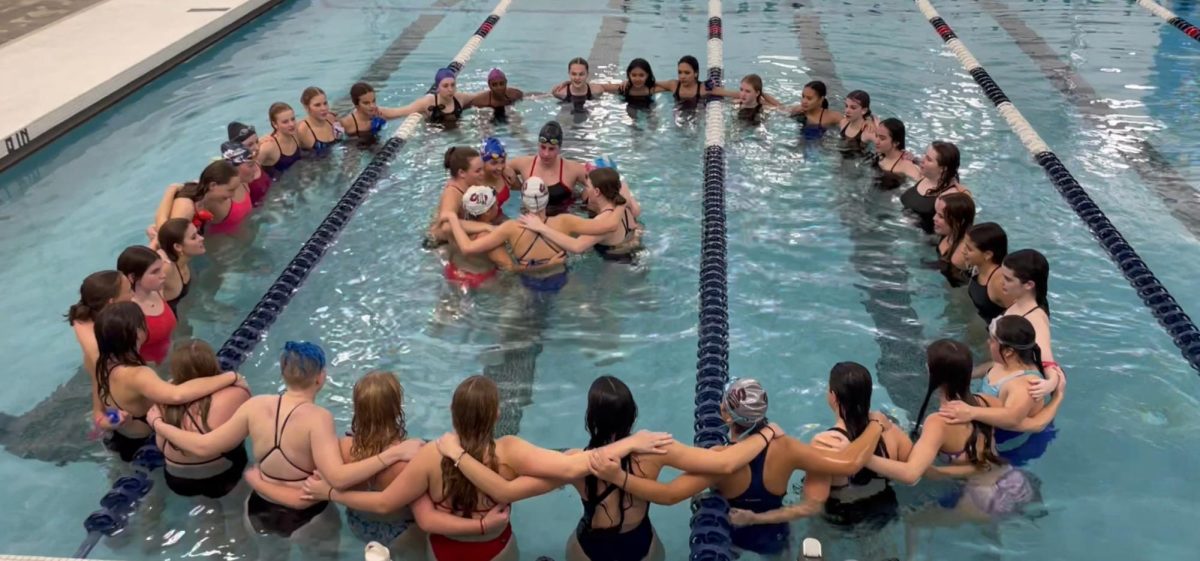
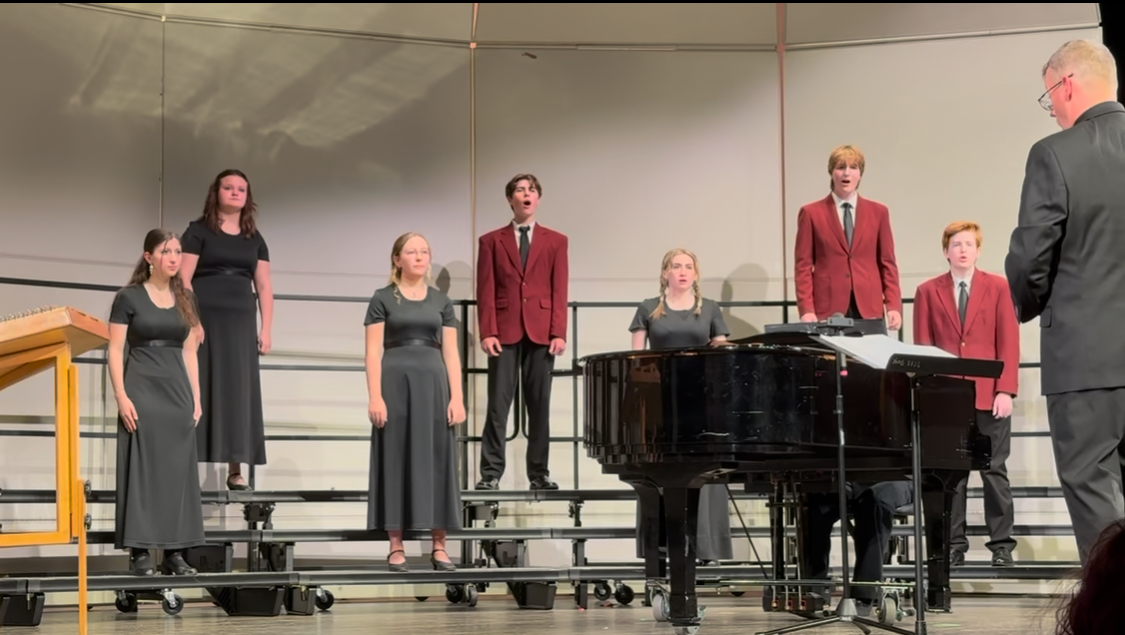

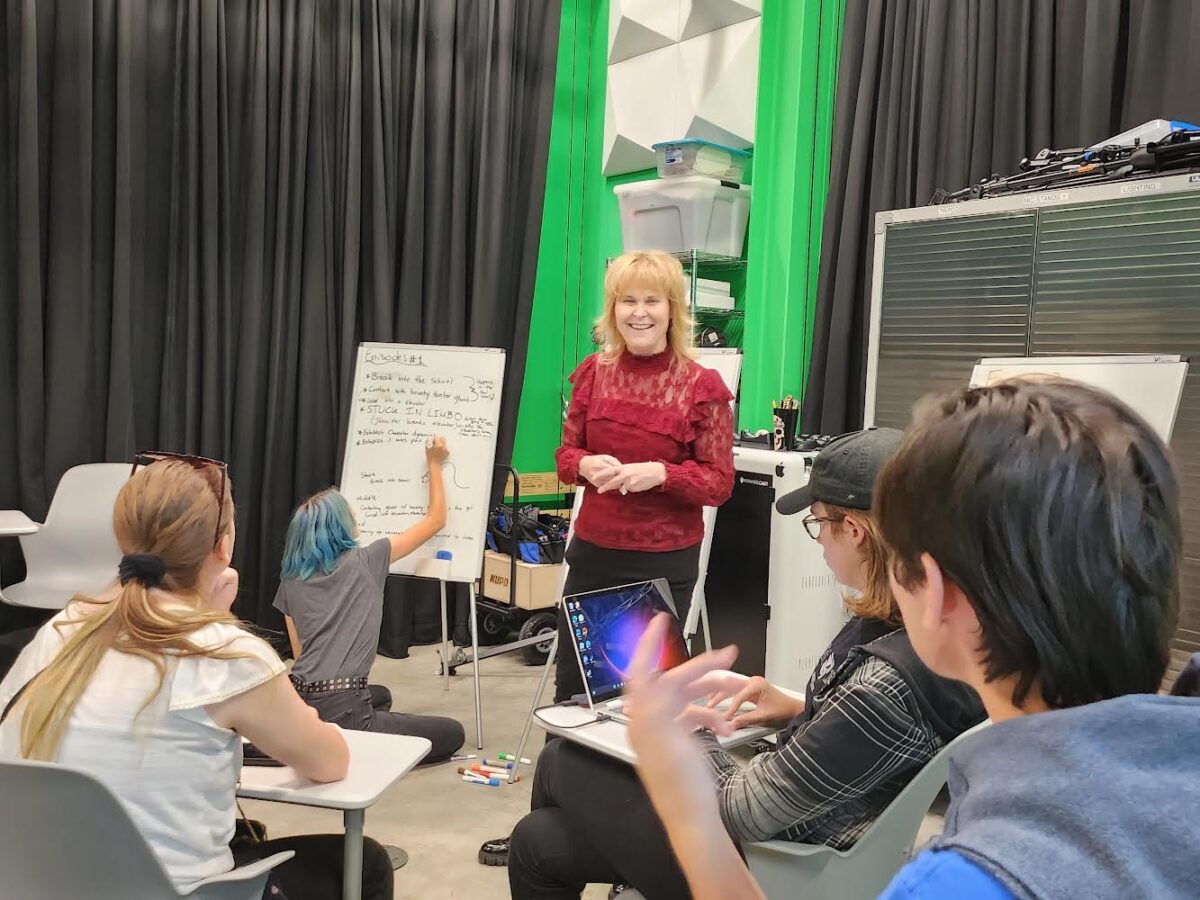

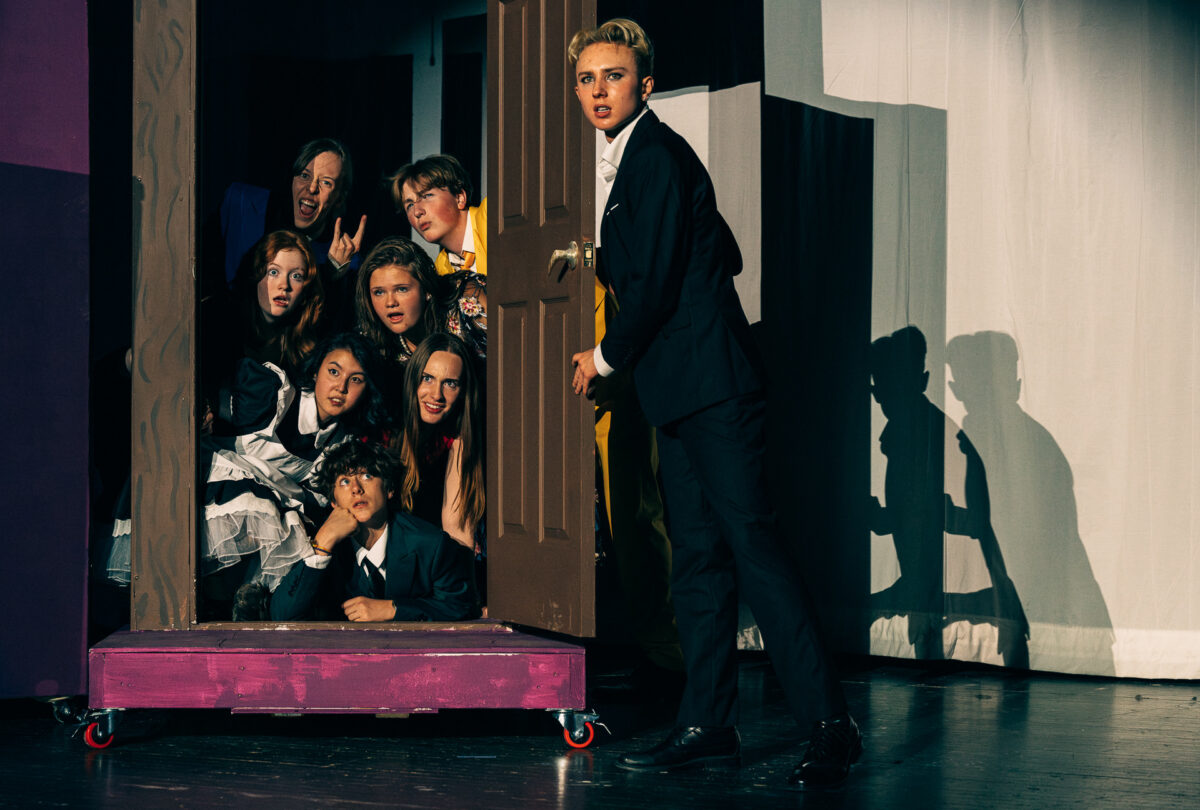

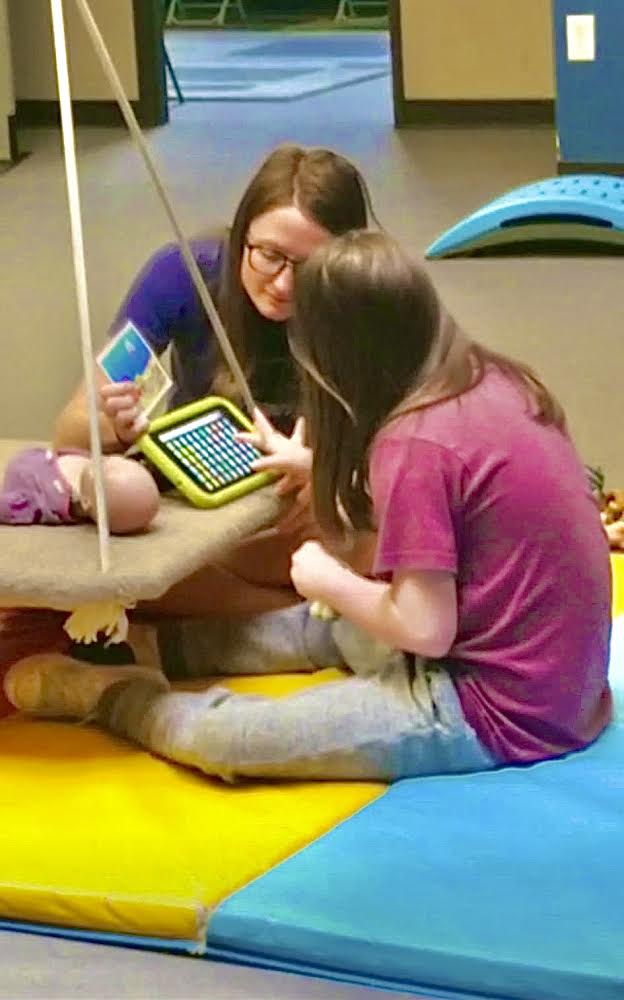

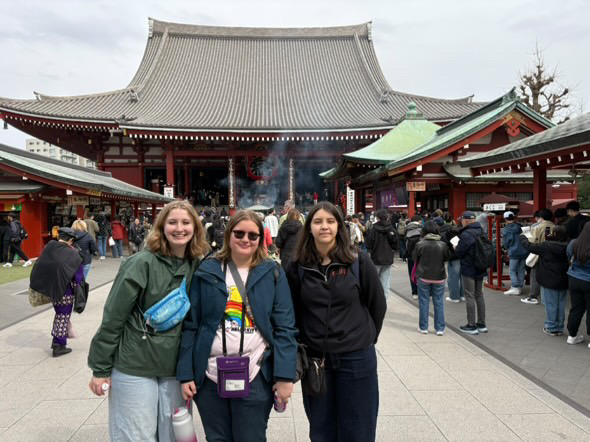
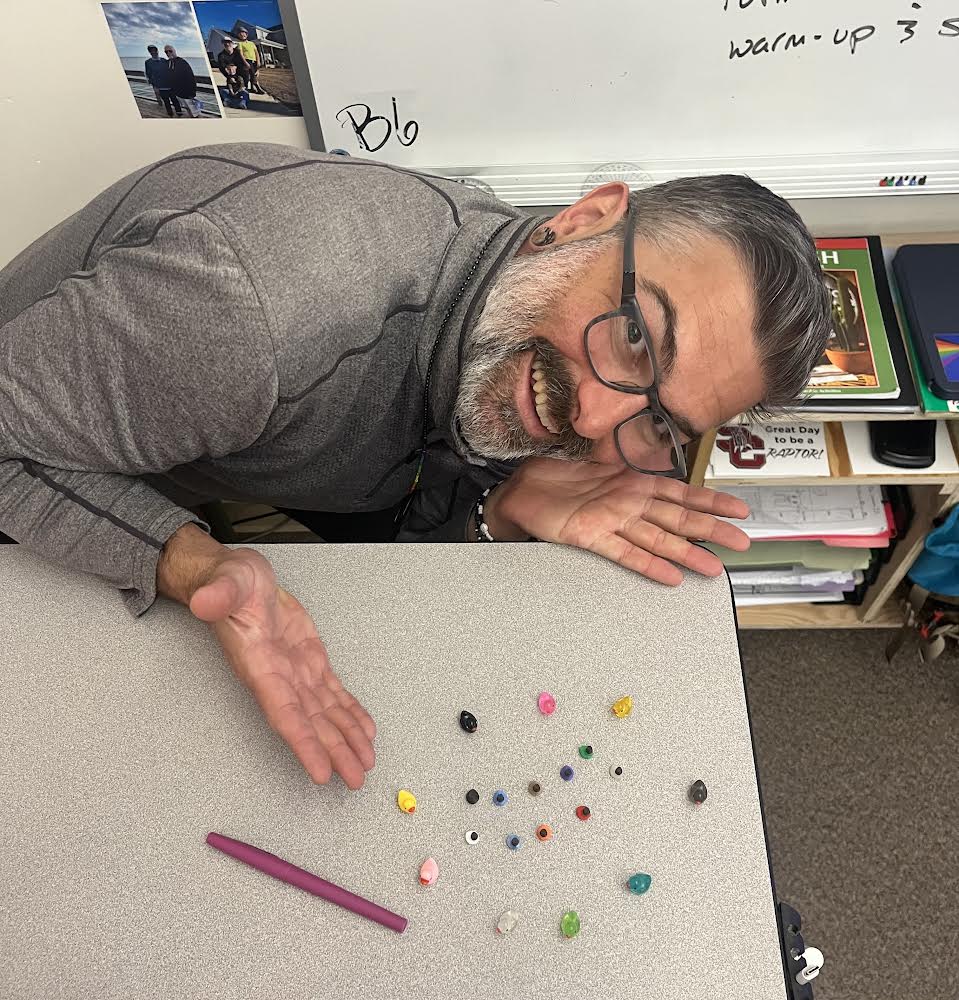





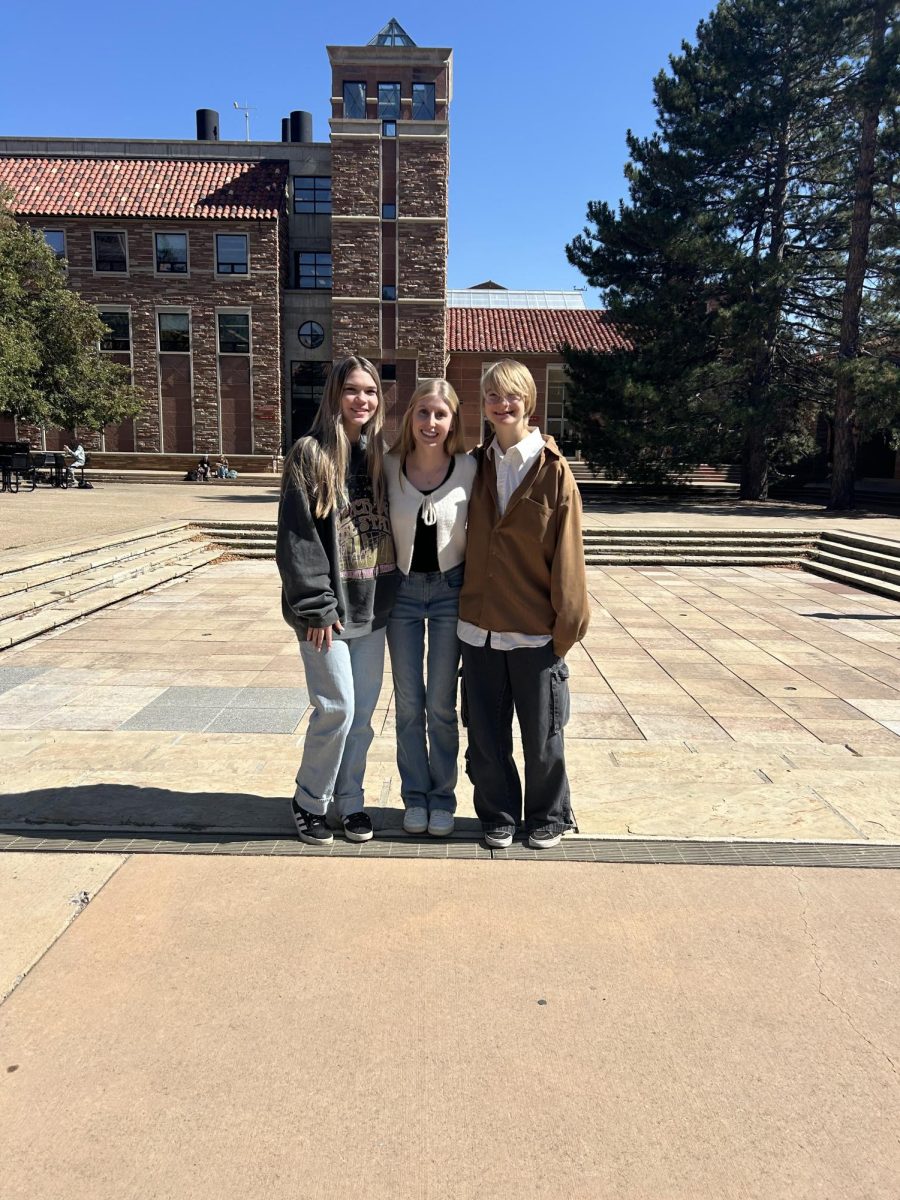
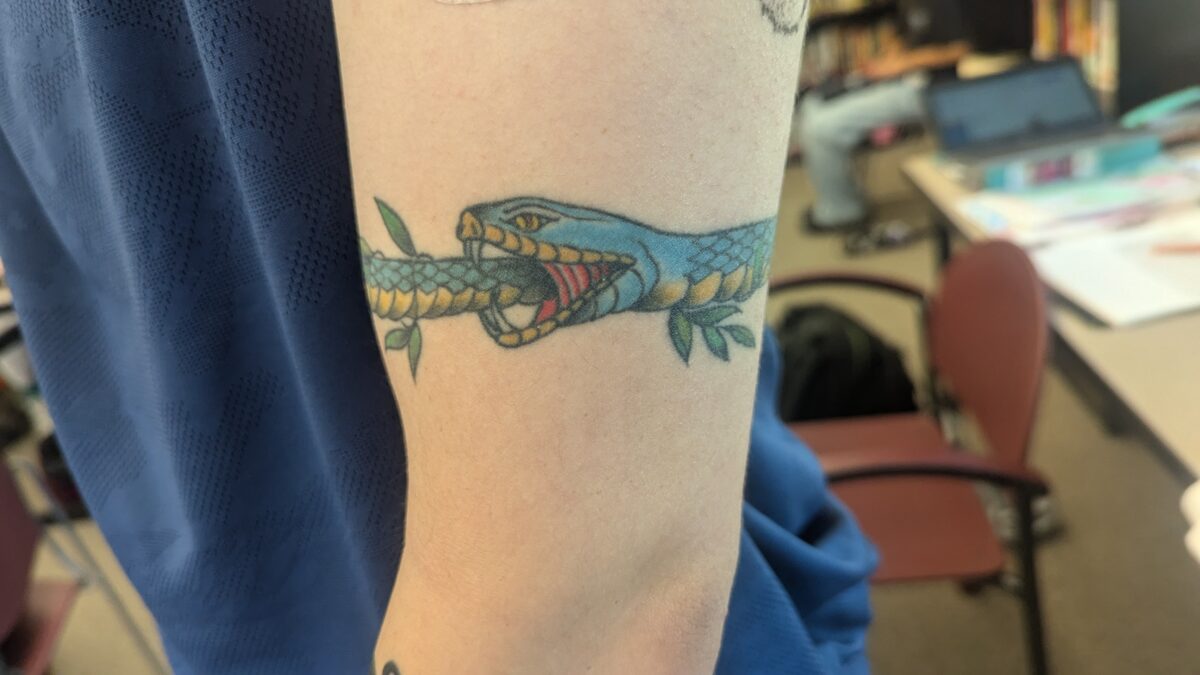

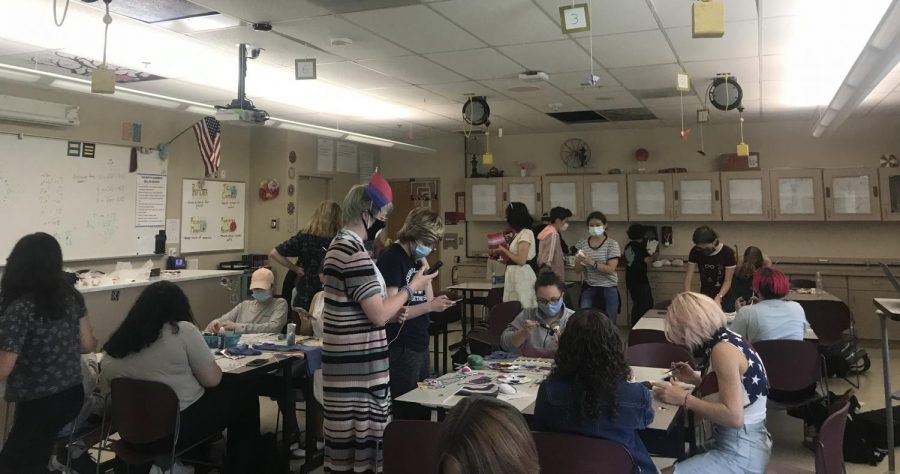

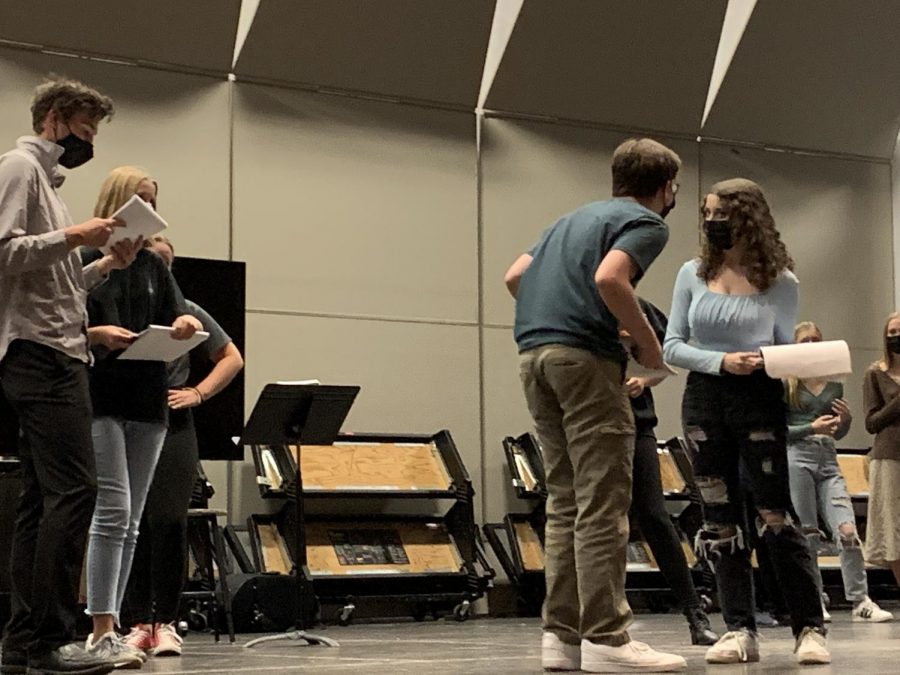
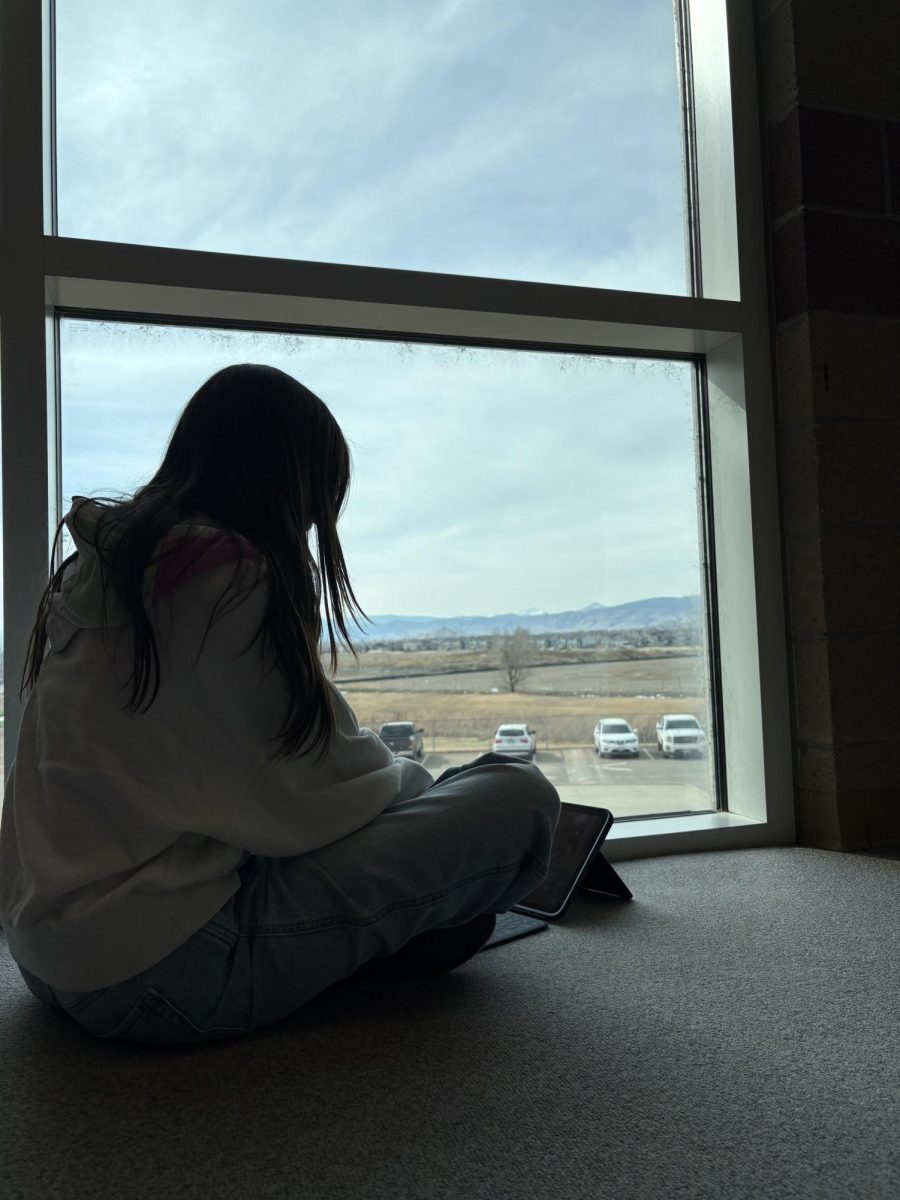

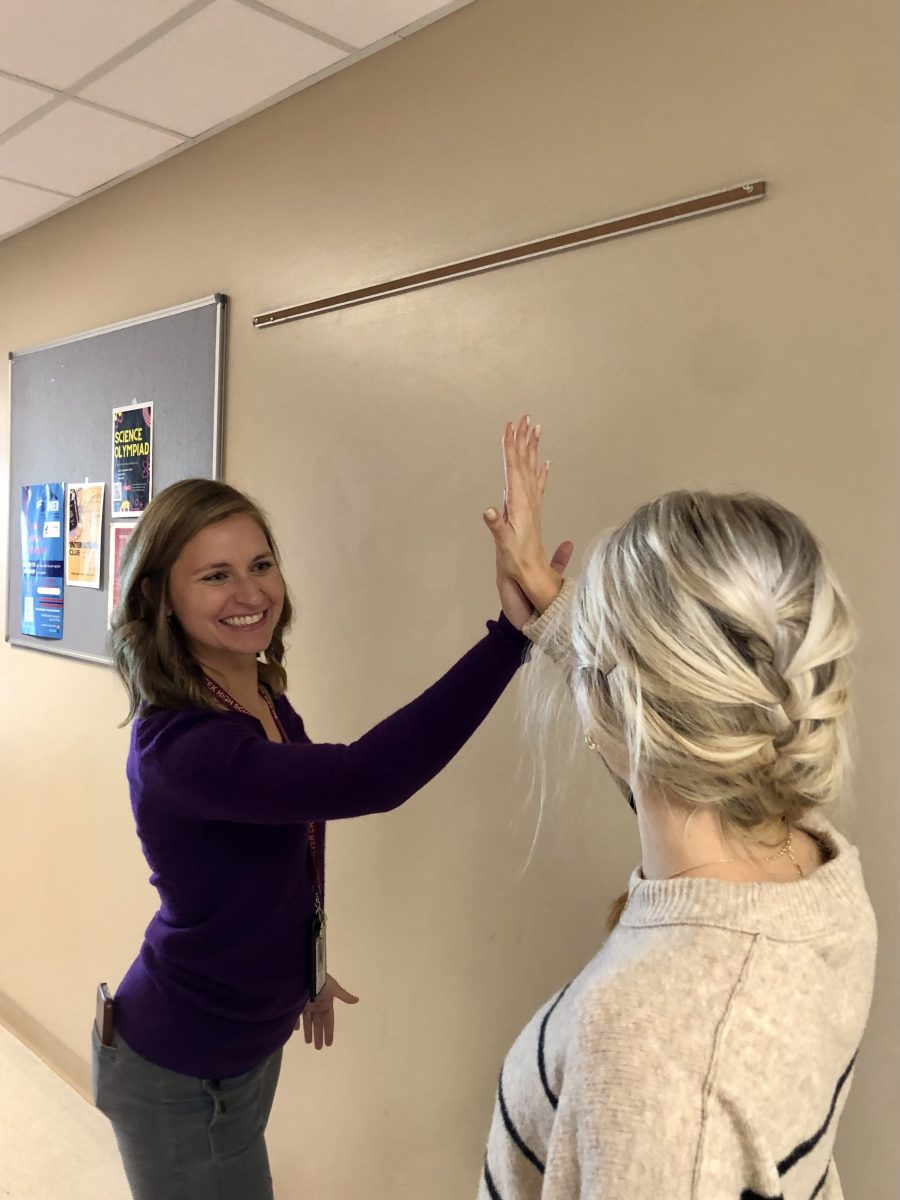
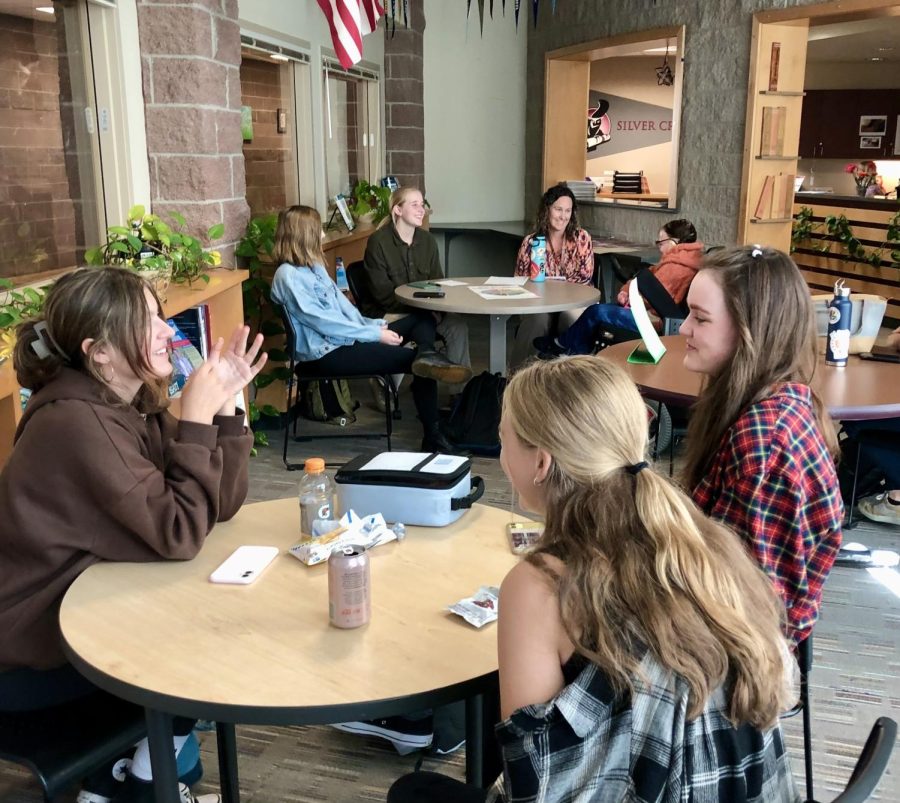
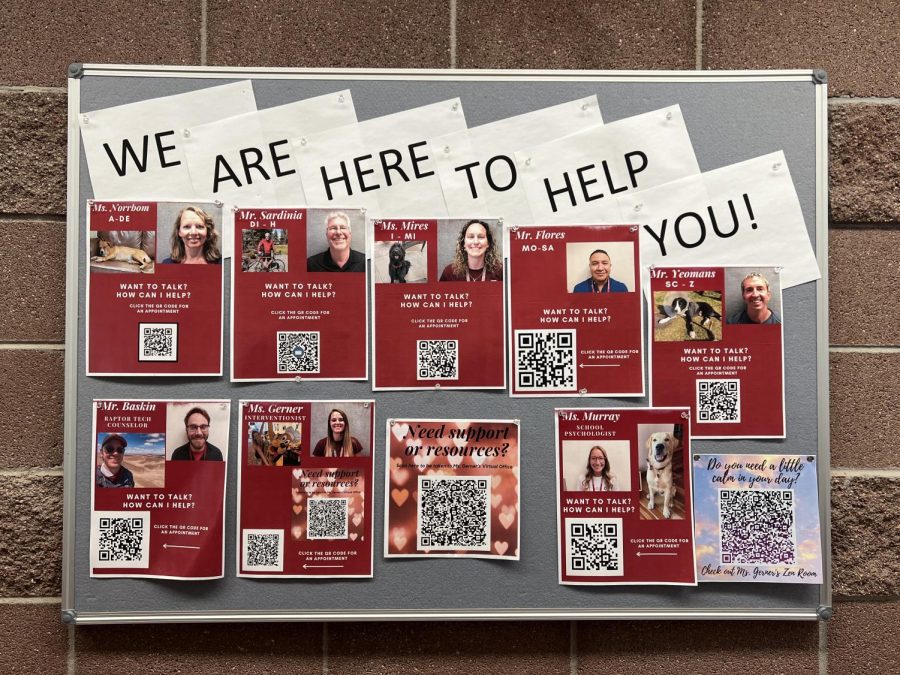
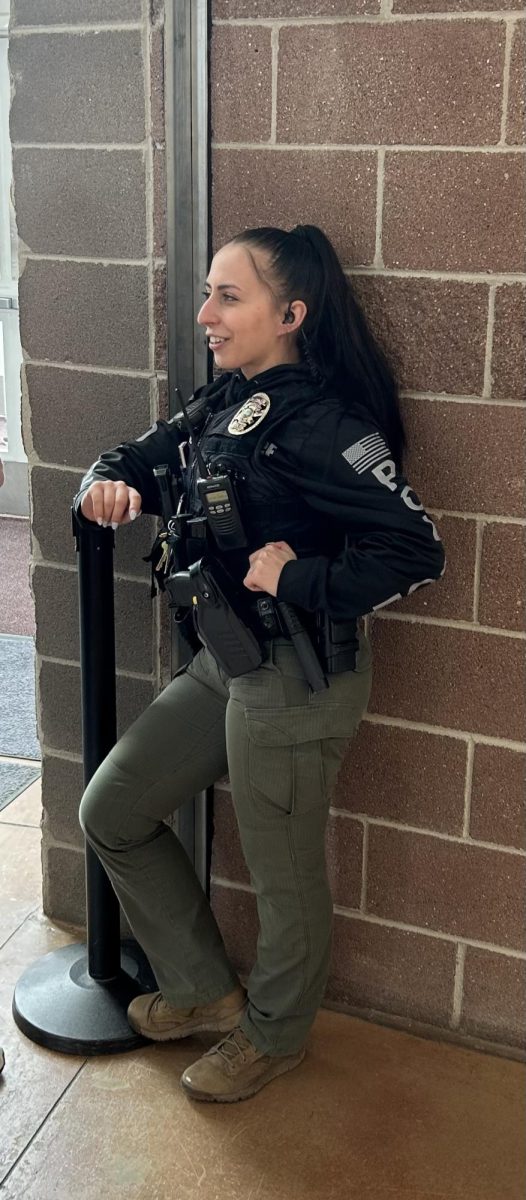

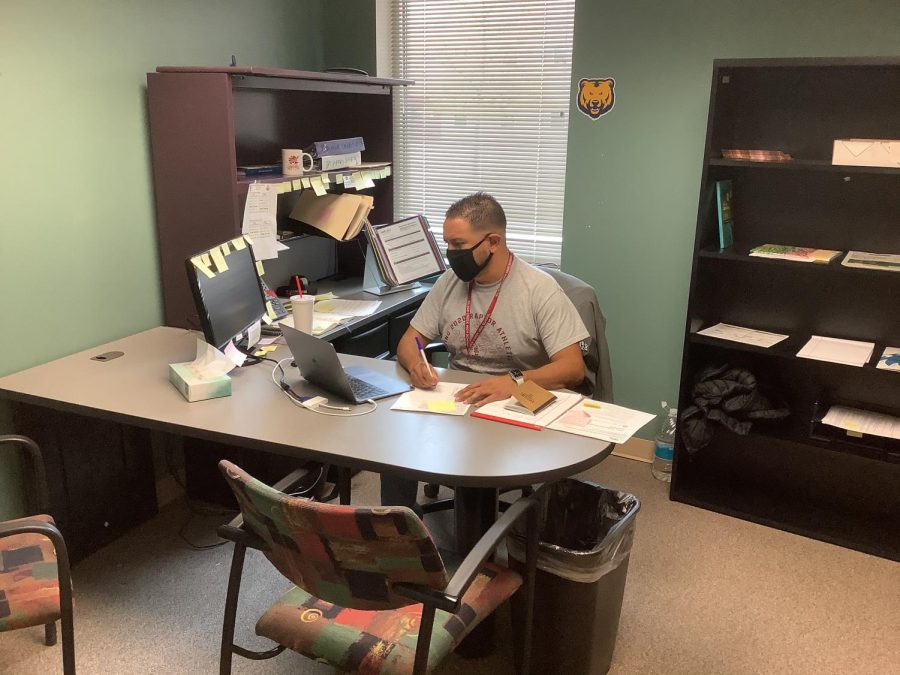
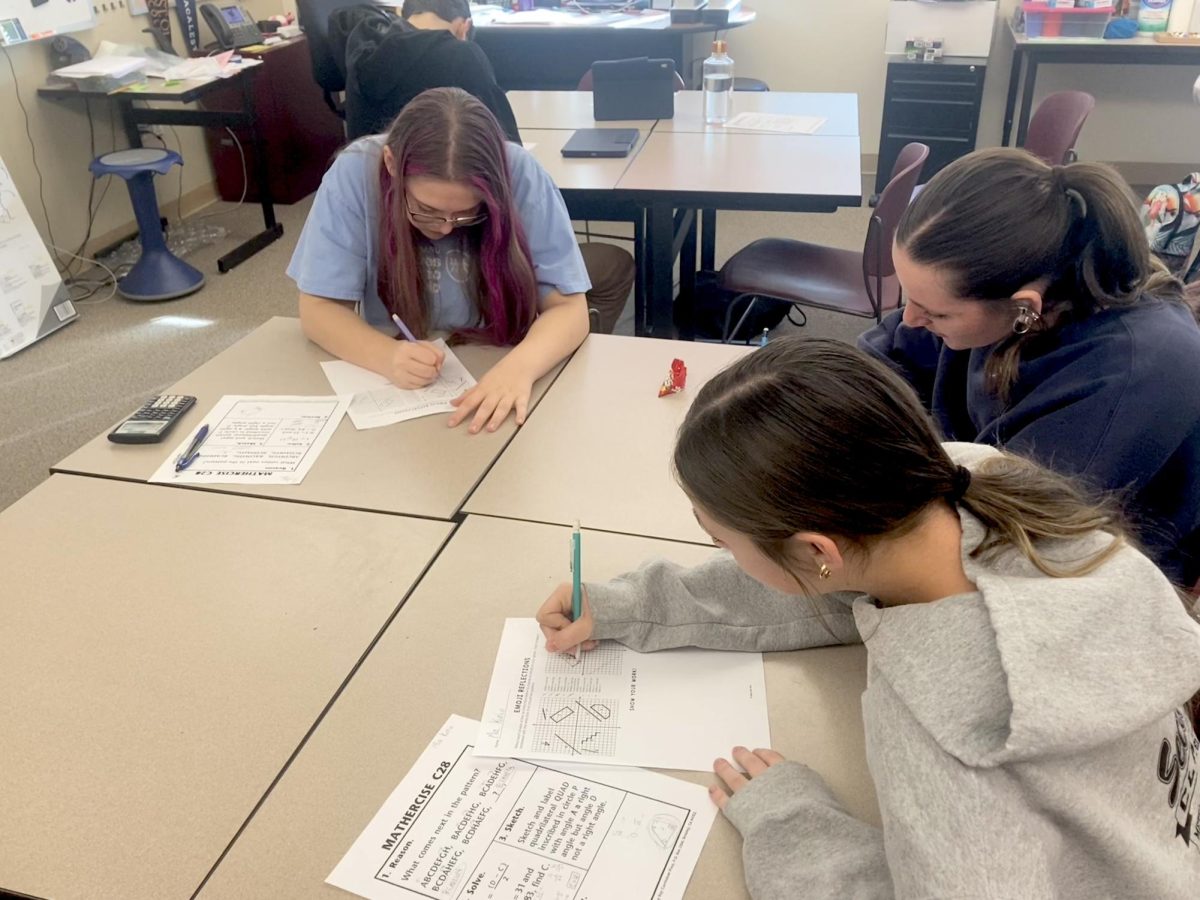
![Hosting the SCLA Casptone Mentor Dinner outside allowed for more attendees on September 27, 2021 at Silver Creek. This event would’ve usually been held inside. According to Lauren Kohn, a SCLA 12 teacher, “If we have a higher number of people, as long as we can host the event outside, then that seems to be keeping every[one] safe”.](https://schsnews.org/wp-content/uploads/2021/11/sxMAIGbSYGodZkqmrvTi5YWcJ1ssWA08ApkeMLpp-900x675.jpeg)

